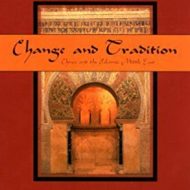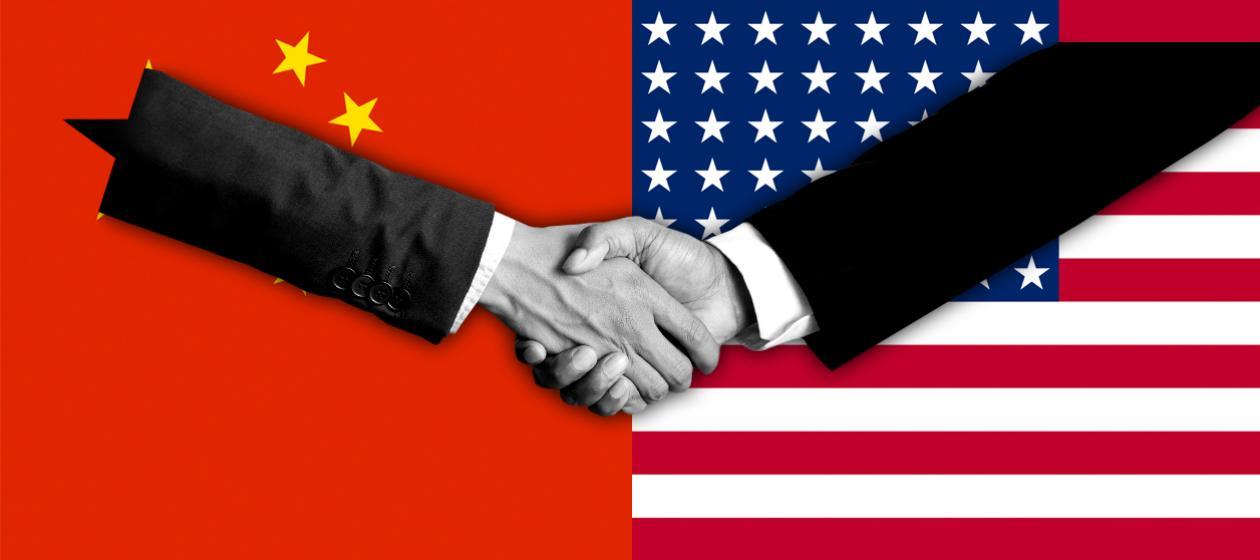Greetings! The first readers of this post will undoubtedly be students in the class that I am teaching this semester at Butler University. But I expect that readership to grow as students in the class contribute, perhaps sharing what they write with friends and family. Google will also draw readers here sooner or later. And with China and the Islamic Middle East in the news so frequently, the keywords here will likely garner attention.
I want to offer an example blog post as I also say some introductory things to students. Thinking about how to best convey the importance of China (the focus of our first unit this semester) to students, I did what anyone would do: I Googled relevant keywords, choosing recent items using the search tools. But before I focused on the most recent items, I saw an article in the Harvard Crimson highlighting the growth in interest and the number of courses taught at Harvard University about China…in 2011, 8 years ago. It makes for interesting reading from our perspective, as the author was concerned that our relations with China, if pursued without genuine interested in and engagement with that nation’s culture(s) and economic system(s), might take a sour turn. Harvard also has resources focused on the importance of relationship-building when communicating and working with those whose culture reflects those predominant in China.
More recently, late last year Financial Times was encouraging U.S. students to study in China, while NBC reported this year on China warning students about risks of studying here. But China’s official news agency has continued to voice the benefits to American students of studying in China.
Chinese president Xi Jinping said “A country or a nation cannot be devoid of soul. The mission of workers in culture, literature, art, and philosophy and social sciences is to nurture the root and soul of the nation.”
The Week had a piece about what it’s like for U.S. companies to do business in China. Since one of the focuses of my course is on information/media/digital fluency, I looked to find out more about The Week. A site that seeks to evaluate bias views the source as decidedly left-learning, but also says they have not failed a fact-check.
Lots of sites offer tips on things like business etiquette in China. I hope that students will explore such resources and relate them to their own professional/career/vocational/hobby pursuits this semester. Apparently students in China are learning about how to avoid stock market pitfalls at a strikingly early age. The “long view” of history, processes, and change is something that has come up every time I’ve taught this course, although not always in connection with this president or Huawei.
It isn’t hard to write a blog post about China these days, and it shouldn’t take much effort on my part for students at Butler University to be persuaded that it is worthwhile learning more about China, regardless of what their major happens to be, and no matter what their specific areas of interest or aims are. But if students need more convincing, I’m happy to know that members of the local Chinese community in Indianapolis plan to pay us a visit, probably even including an opportunity to sample Chinese cuisine from a variety of regions, with a view to giving a sense of the diversity of China. The United States is diverse, and at the moment deeply divided. Hopefully students will recognize that the same applies to other countries, especially big ones. Our class meets at 8 am and so rather than bringing in breakfast items, we’ll probably organize a lunch meeting on some occasion.
Welcome to the blog, the class, and an exciting new exploration that awaits us all this semester!


I did read Ha Jin’s, “When Cowboy Chicken Came To Town” and “An Entrepreneur’s Story.” In my opinion, they were about American values being integrated into the Chinese culture. The values and culture I noticed were, “get rich quick”, capitalism, laziness, and greediness. Whether it be the American making money so much money on chicken or the Chinese man being poor and becoming rich due to the capitalist view on clothes, they both were greedy. Do the Chinese not waste anything? Do they think socialism is better than capitalism? Do they truly despise the integration of American culture into theirs? Should America have not influenced and left China’s culture alone? Does America integrate Chinese values into their culture? These are all my questions that arose after reading these two stories.
Regarding trade relations with China, Trump increased tariffs against China up to 25 percent. China responded by increasing their tariffs against American good as well. “President Trump says he believes the high costs imposed by tariffs will force China to make a deal…” http://www.cfr.org/timeline/us-relations-china
Why does Trump have this view? Does he think America is better than China? I feel this question relates to Ha Jin’s stories.
I did read the “Tiger Fight,” pages 1-14 of “The Heritage of Chinese Civilization,” and pages 3-4, 7-15 of “Change and Tradition.” I did not get the importance of “Tiger Fighter” to the Chinese culture. As for the “The Heritage of Chinese Civilization,” I saw prevalence. I think it is important to see how the Chinese excelled with agricultural, bronze, iron, and philosophy. You can see how in the early dynasties how the Mandate of Heaven gave them a moral code to live by. Confucianism, Buddhism, and Legalism came from these early dynasties as well so we can better understand the Chinese thinking, and why there was conflict within China. In “Change and Tradition,” I think the odes are important in understanding Chinese history. The Odes displays poetic ways of explaining Confucians values. In this ode, King Wen is praised, “Make King Wen your example, in whom all the peoples put their trust” (9). This makes me think Confucians approved of this King and most likely the society did as well since he was keeping the Mandate of Heaven.
Hi Kylie. Thanks for sharing thoughts on the reading here in comments! Going forward, please do try writing blog posts of your own!